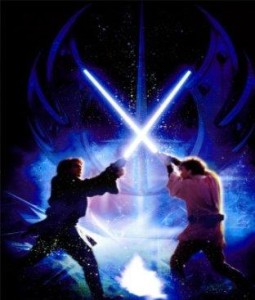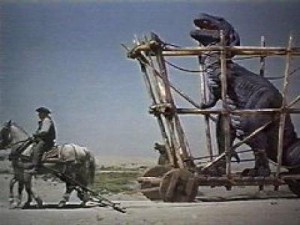It was the closing day of a writer’s event. At the end of a breakfast session, an agent and a writer were wrapping up a session about the ongoing changes in the publishing industry, and how those changes affect writers.
During the Q and A, most of the discussion addressed strategies for writers who were not yet published. I raised my hand.
“I’m wondering about writers who have already been published,” I said. “how do you think the changes in the industry are affecting our strategies going forward?”
The agent looked confused. “What do you mean?” she asked.
“Well,” I said, “Many mid-list writers I know are interested in developing a revenue sharing model with publishers rather than signing traditional contracts. Or going the indie publishing route.”
It was as if a toad had leaped from my mouth. “Indie publishing?” the agent asked me. “You mean, self-publishing?”
“Right, but not vanity publishing,” I said, beginning to sweat. “I’m talking about writers who want to keep a greater share of revenue than they have under their previous contracts with legacy publishers.”
“Legacy publishers?” Now the agent looked truly horrified. “That word sounds like something that guy Konrath would say.”
JA Konrath, in case you don’t know, is a pioneer in self-publishing who successfully transitioned from legacy–excuse me, traditional–publishing. He’s known for criticizing the practices of publishers in his popular blog, The Newbie’s Guide to Publishing.
At this point I was prepared to dive into my coffee cup and drown myself, but the agent was just getting started.
I don’t remember her exact words, but they were something to the effect of “agents don’t want to give up their advances.”
Well, granted. But what about writers? What is best for us?
I had unwittingly stepped into a raging discussion that’s been swirling in the media-publishing world for months. A bit of background: there’s something of a class system in the world of writing. The mega-bestselling writers are the darlings of publishers. The rest of us, not so much. Unless your first book is a monster success, you are more or less sent to the servant’s quarters. It used to be that publishers would give a writer time to develop and gain a strong readership base. That is less often the case today. Midlist writers are being dropped; contracts are not being renewed. Advances are shrinking.
Then there’s Amazon, which offers writers–any writer–a decent percentage of each and every sale. Published writers who have been able to reclaim their backlist have been startled to discover that they can make good money from “new old” titles which had been languishing on the vine for years. The prices for indie ebooks are being set by…gasp…the writers. This process, along with the rise of indie publishing in general, is driving down the overall cost of ebooks.
Publishers don’t like to lower their ebook prices, and they’re fighting back. Amazon and publishers have gotten into several scrapes over pricing and distribution. Most recently, the tension boiled over into the Hatchette vs. Amazon kerfuffle. You can read more about that here. But the subtext of the fight is that journeyman writers suddenly have more options for publishing and getting paid for their work. These changes are putting pressure on the traditional publishing model, on pricing in particular.
I don’t have any strong beliefs about the merits of traditional versus indie publishing. I suspect that most published writers will become “hybrids,” pursuing the best available options. I do think that it is still better for unpublished writers to get traditionally published first–going through the process helps a writer develop her skills, learn valuable ropes, and establish a readership. But for writers who have previously been published and languished under the old system, the picture is different. If a previous book did not sell well, we’re haunted by those sales numbers forevermore. If it did sell, the publisher will collect the lion’s share of the book’s revenues, forevermore.
At the breakfast meeting that day, the agent wound up her response to me by saying, “You’re too early in your career to give up on traditional publishing.”
In fact, I’m not in any way giving up on traditional publishing. As a published writer who will have a new manuscript to market in the near future, I’m simply trying to figure out the best strategy for me. Not the best strategy for the publisher. Not for Amazon. Not for an agent. If traditional publishing gives me a good deal on my next book, I’ll break out the champagne. If not? I’ll go indie. I don’t have any agenda attached to exploring all the possibilities. As they said in The Godfather, “It’s not personal. It’s business.”



